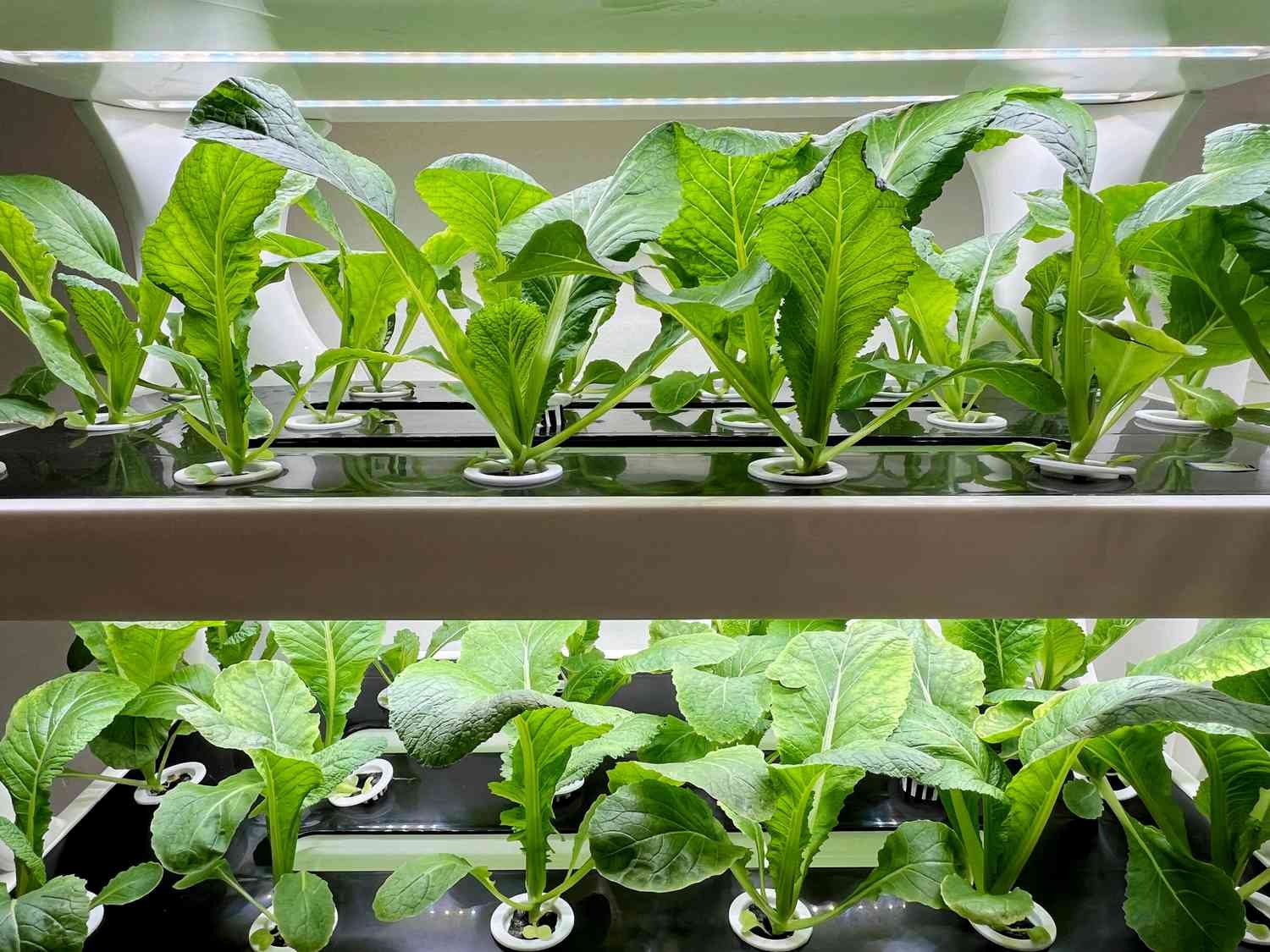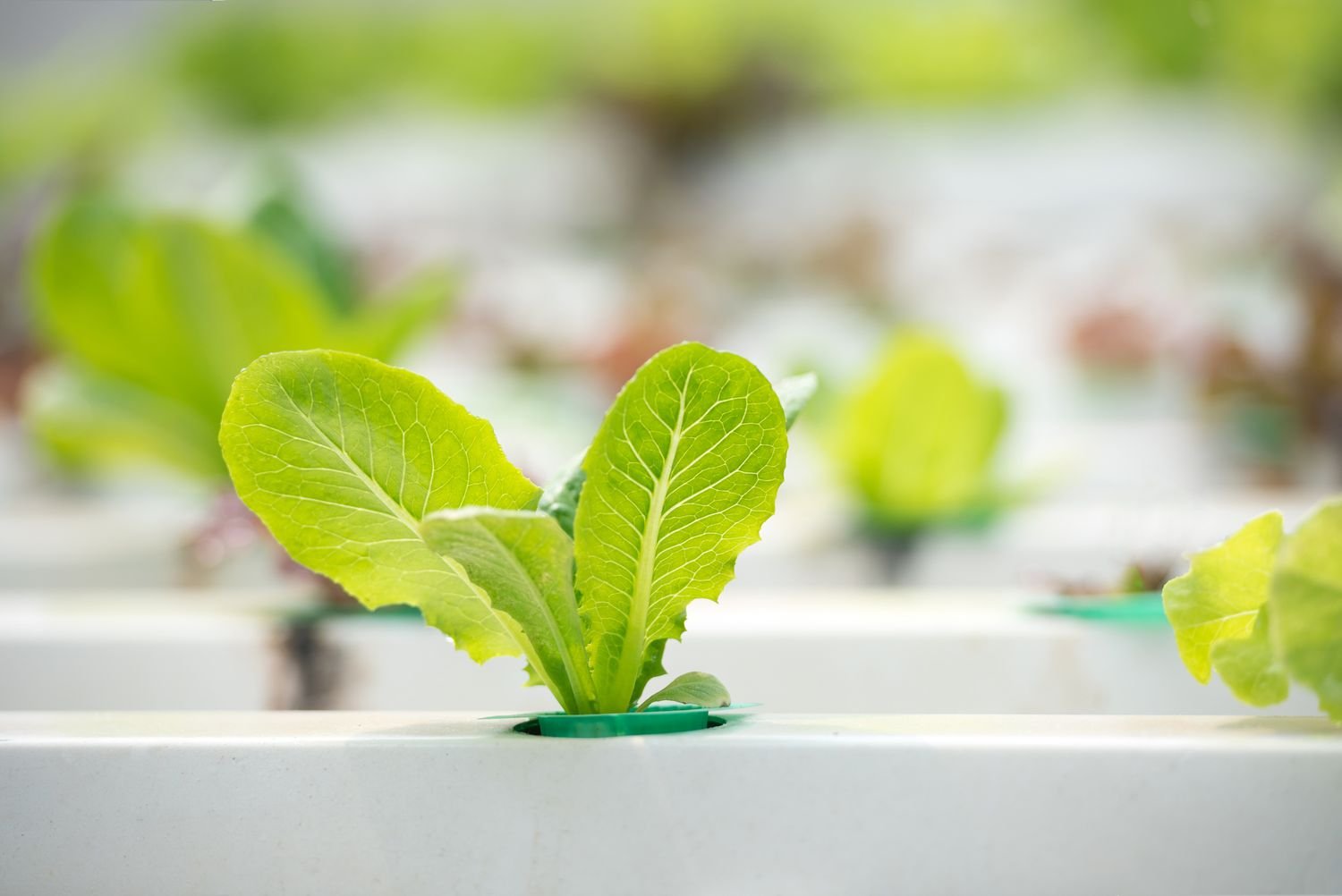Yes, small plants can help reduce stress. They have a calming effect and improve indoor air quality.
This can create a more peaceful environment. Many people find stress relief in nature. But not everyone can spend time outdoors daily. Bringing small plants into your home or workplace can offer similar benefits. They add a touch of greenery and life to any space.
Studies show plants can lower stress levels, improve mood, and boost productivity. Plus, they are easy to care for and come in many varieties. From succulents to ferns, there is a plant for every preference. Discover how small plants can make a big difference in your well-being. Let’s explore the ways these green companions can help you feel more relaxed and focused.

Credit: www.tiktok.com
Introduction To Plant Therapy
Have you ever felt overwhelmed by daily stresses? Small plants might be the solution. Introducing plant therapy, a practice using plants to enhance well-being. This method is gaining popularity. Let’s explore why.
The Concept Of Plant Therapy
Plant therapy involves integrating small plants into your environment. This practice helps reduce stress and improve mental health. Plants provide a calming effect. Their presence can make spaces more serene and inviting. Caring for plants can also give you a sense of purpose.
Historical Perspective
Using plants for therapeutic purposes isn’t new. Ancient civilizations recognized their benefits. Egyptians, for example, used plants in their homes for beauty and tranquility. In ancient China, gardens were designed to promote peace and relaxation. These practices laid the foundation for modern plant therapy.
Over time, the therapeutic use of plants has evolved. Today, it’s supported by scientific research. Studies show that interacting with plants can lower blood pressure and reduce feelings of anxiety. This historical wisdom, combined with modern science, highlights the potential of plant therapy.
Scientific Basis
Many people believe that small plants can help reduce stress. But is there any scientific basis for this belief? Recent studies and design principles provide some answers.
Studies On Plants And Stress
Research has shown that plants can have a calming effect. A study from the Journal of Physiological Anthropology found that interacting with indoor plants can reduce stress. Participants who engaged with plants showed lower blood pressure and heart rate. This suggests that small plants may indeed help reduce stress.
Another study by the University of Hyogo in Japan supports this. The study found that small plants on desks reduced stress levels in office workers. Employees reported feeling more relaxed and satisfied with their work environment. These findings highlight the potential mental health benefits of having small plants around.
Biophilic Design Principles
Biophilic design principles also support the idea that plants reduce stress. Biophilia refers to the human connection to nature. Including natural elements in design can improve mental well-being. This includes using small plants in indoor spaces.
Designers use biophilic principles to create calming environments. Small plants play a key role in this process. They bring a touch of nature into our daily lives. This connection to nature can help reduce stress and promote relaxation.
Incorporating small plants into your space might make a big difference. The scientific basis for their benefits is strong. Studies and design principles both suggest that small plants can help reduce stress. So, consider adding a few small plants to your environment. They could improve your mood and well-being.
Psychological Benefits
Small plants can help reduce stress by creating a calming environment. They improve air quality and boost mood. Simple yet effective.
Small plants can offer significant psychological benefits. Their presence can create a calming effect. This can lead to various mental health improvements. Let’s explore some key benefits.Mood Improvement
Plants can improve your mood. Their greenery adds a touch of nature indoors. This can bring feelings of joy and relaxation. Even a small plant can brighten up a room. Studies show that plants can reduce feelings of anxiety. They can also help lower stress levels. This makes them a great addition to any space.Emotional Well-being
Having plants around boosts emotional well-being. They create a sense of connection to nature. This can enhance feelings of tranquility and peace. Taking care of plants can be therapeutic. It provides a sense of purpose and accomplishment. Watching plants grow and thrive can be very rewarding. It reminds us of life’s simple pleasures. “`
Credit: www.facebook.com
Physical Health Benefits
Small plants offer many physical health benefits. They do more than just beautify your space. By incorporating them into your environment, you can enhance air quality and reduce fatigue. Let’s delve into these benefits.
Air Quality Improvement
Plants are natural air purifiers. They absorb carbon dioxide and release oxygen. This process helps to improve air quality in indoor spaces. Better air quality means fewer pollutants and fresher air. Cleaner air can lead to fewer respiratory issues. It can also reduce headaches and improve overall well-being.
Some plants are particularly good at filtering toxins. Spider plants, peace lilies, and snake plants are a few examples. These plants can remove harmful substances like benzene, formaldehyde, and trichloroethylene from the air. A table below summarizes the benefits of these plants:
| Plant | Removed Toxins |
|---|---|
| Spider Plant | Formaldehyde, Xylene, Toluene |
| Peace Lily | Benzene, Formaldehyde, Trichloroethylene |
| Snake Plant | Formaldehyde, Benzene, Trichloroethylene |
Reduction In Fatigue
Working or studying in a space filled with plants can reduce fatigue. Plants create a calming environment. They provide a visual break from screens and papers. This visual rest can help refresh your mind. With a refreshed mind, you can work longer without feeling tired.
Plants also help to maintain humidity levels. Proper humidity can prevent dry skin and eyes. This is especially important in air-conditioned or heated rooms. Balanced humidity levels contribute to a more comfortable atmosphere, leading to less stress and fatigue.
Types Of Small Plants
Many people find relief from stress through small plants. These tiny green companions have a calming effect. They add beauty to any space. Small plants are perfect for both homes and offices. Let’s explore different types of small plants that can help reduce stress.
Indoor Plants
Indoor plants are great for homes. They thrive in low light and need minimal care. Here are some popular choices:
- Spider Plant: Easy to grow and purifies the air.
- Peace Lily: Beautiful and helps reduce mold spores.
- Aloe Vera: Needs little water and has healing properties.
- Jade Plant: Symbol of good luck and low maintenance.
Office Plants
Office plants can boost productivity. They improve air quality. They also make the workspace pleasant. Here are some top picks:
- Snake Plant: Survives low light and needs little water.
- ZZ Plant: Tolerates neglect and low light conditions.
- Succulents: Come in many shapes and require minimal care.
- Pothos: Grows well in low light and purifies the air.
Choosing the right small plants can make a big difference. Whether at home or in the office, these green friends can help you feel more relaxed.

Credit: www.instagram.com
Choosing The Right Plants
Choosing the right plants can make a big difference in reducing stress. Not all plants are equal in their ability to thrive in your space. Selecting the right ones can ease your mind and brighten your home.
Low Maintenance Options
Low maintenance plants are perfect for busy people. They need minimal care. Succulents, for example, store water in their leaves. This means you don’t have to water them often. Cacti are another great option. They also require very little water.
Snake plants are tough and can survive in low light. They can go for weeks without water. ZZ plants are also easy to care for. They can tolerate low light and infrequent watering.
Plants For Beginners
Some plants are ideal for those new to gardening. Pothos is one of the best choices. It grows quickly and can thrive in low light. Spider plants are also beginner-friendly. They are hardy and can adapt to various conditions.
Peace lilies are a good choice for novices. They are forgiving and can grow in low light. Aloe vera is another great plant for beginners. It is easy to care for and has healing properties.
Practical Tips For Care
Small plants can significantly reduce stress levels and improve mental well-being. But to reap these benefits, it is essential to care for them properly. Let’s explore some practical tips for plant care that will keep your green friends thriving and your stress at bay.
Watering And Light
Watering and light are crucial for plant health. Most small plants need consistent watering but dislike sitting in water. Ensure the soil is slightly moist but not soggy. Use a well-draining pot to prevent root rot.
Light requirements vary by plant type. Place your plants near windows that provide indirect sunlight. Some plants thrive in low light, while others need bright, indirect light. Research your plant’s light needs and adjust its location accordingly.
Preventing Plant Stress
Just like humans, plants can experience stress. Prevent plant stress by maintaining a stable environment. Avoid placing plants near air vents or heaters, as sudden temperature changes can harm them.
Fertilize your plants regularly to keep them healthy. Use a balanced, water-soluble fertilizer every few weeks. Follow the instructions on the fertilizer package to avoid overfeeding.
| Factor | Tips |
|---|---|
| Watering | Water when the top inch of soil is dry. |
| Light | Provide indirect sunlight for most plants. |
| Temperature | Keep plants away from drafts and heat sources. |
| Fertilizing | Use a balanced fertilizer every few weeks. |
By following these tips, you can ensure your plants remain healthy and vibrant. Healthy plants contribute to a more relaxing and stress-free environment.
Real-life Examples
Can small plants help reduce stress? Many people say yes. Real-life examples show how plants make a difference. They improve mood and create a calming environment. Let’s explore some success stories and case studies.
Success Stories
John, a busy office worker, felt stressed daily. He placed a small plant on his desk. Over time, he noticed a change. He felt calmer and more focused. His productivity improved, and he felt less anxious.
Maria, a student, struggled with exam stress. She added a few small plants to her study area. The greenery helped her relax. She found it easier to concentrate on her studies. Her grades improved, and she felt happier.
Case Studies
A study by a university observed office workers. They introduced small plants to the workspaces. The results were clear. Workers reported lower stress levels and higher job satisfaction. They also showed increased creativity and problem-solving skills.
Another case study focused on hospital patients. Plants were placed in patient rooms. The presence of plants reduced stress and anxiety. Patients healed faster and required less pain medication. The study highlighted the positive impact of plants on mental health.
Frequently Asked Questions
How Do Small Plants Reduce Stress?
Small plants improve air quality and bring nature indoors. Their presence can lower stress levels and boost mood. Simply looking at them can provide a calming effect.
What Are The Best Small Plants For Stress Relief?
Popular choices include succulents, lavender, and snake plants. These plants are low-maintenance and have stress-reducing properties.
Can Indoor Plants Improve Mental Health?
Yes, indoor plants can improve mental health. They create a calming environment, reduce anxiety, and enhance concentration.
How Often Should I Water Small Plants?
Watering needs vary by plant type. Generally, water when the soil feels dry. Overwatering can harm the plant.
Conclusion
Small plants can indeed help reduce stress. Their presence brings calm and joy. The act of caring for them can be therapeutic. Simple daily tasks, like watering, can be soothing. Plants also improve air quality, benefiting health. They add a touch of nature indoors, creating a peaceful space.
Start small, and find the right plant for you. Enjoy the benefits of a greener, stress-free environment.






